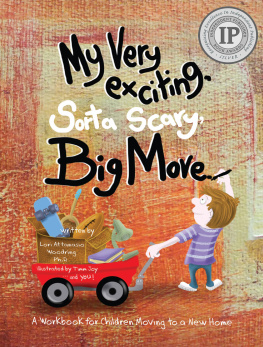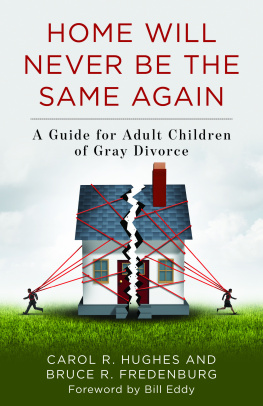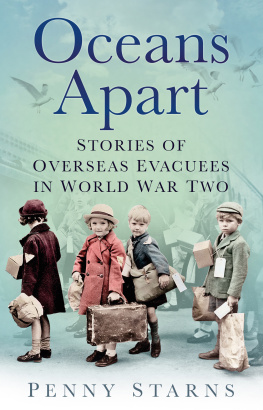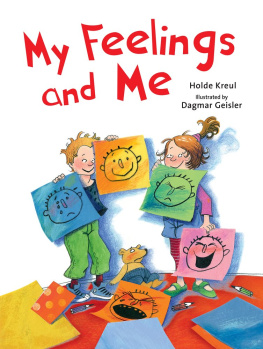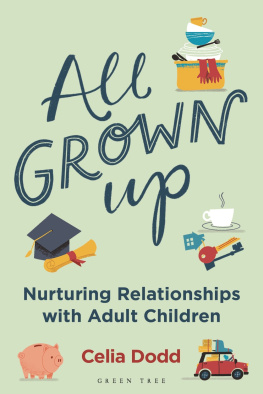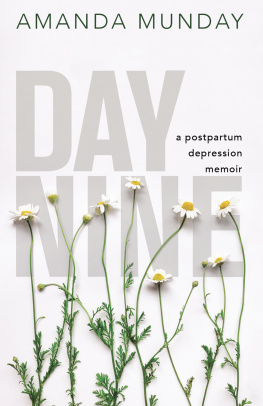OTHER BOOKS IN THE CULTURAL MEDALLION SERIES
Other Cities, Other Lives by Chew Kok Chang
The Tower by Isa Kamari
Confrontation by Mohamed Latiff Mohamed
The Widower by Mohamed Latiff Mohamed
Flowers at Dawn by Singai Ma Elangkannan
Penghulu by Suratman Markasan
Under the Bed, Confusion by Wong Meng Voon
Durians Are Not the Only Fruit by Wong Yoon Wah
The Earnest Mask by Xi Ni Er
Trivialities About Me and Myself by Yeng Pway Ngon
Teaching Cats to Jump Hoops by You Jin
Death by Perfume by You Jin
In Time, Out of Place by You Jin
A Life in Words by You Jin
All rights reserved. Published in Singapore by Epigram Books.
www.epigrambooks.sg
Postscript
This is not a parenting handbook. Not really.
This is a memoir, a sincere record of one mothers journey raising her children. It reflects the inner world of a mother, expresses her ideas, and shares her joys and sorrows.
I started writing it from the time I got married. I wrote and wrote. I wrote about my first child, then my second, then my third. From the same soil, such diverse plants grew up. My three children have very different personalities, abilities and ways of thinking. In bringing them up, I naturally could not use the exact same model for each one. The biggest danger in raising kids like canned goods is that what is on the inside of the can might be very different from what the parents expected when viewed from the outside. What is scary is that these changes are very hard to detect. Once the symptoms start to show outwardly, it is often too late.
That is what makes teaching to suit the aptitude so important. There is no one theory of education that can be applied across the board, no one system that will work for everyone. Often, I feel that I can only make my best guess and feel my way forward as I go along, always learning from my mistakes. I do not love to preach, nor do I know how to do so. Readers can see from this book that I am not a mother who assumes a solemn air and tries to pass on all kinds of educational theories. Instead, I am just an ordinary mum, talking about the past, sharing jokes and embarrassing moments.
In fact, as I see it, many of lifes truths are not spoken, but seen in everyday circumstances. From something as small as a chickens feather, I came to see a childs weak point. From a trivial everyday event, I learned of a childs hidden strengths. I tried to go with the flow and bring out their strengths, and to make up for the weaknesses.
I once read this very meaningful short story:
People who go to heaven or hell receive a spoon about a meter long when they reach the gate. The food they receive in heaven or hell is all the same. But what is strange is that those who live in heaven are healthy, hardy, and happy. Those who go to hell, on the other hand, are scrawny and sickly. The question is one of attitude and character. Those who live in heaven are not selfish, but are loving, generous, and giving. When they receive their spoons, they think of ways to feed others, so heaven becomes a warm, pleasant place, with enough food to go around for everyone. Those in hell, though, are selfish, cruel, withdrawn, and greedy. They only know and want to feed themselves with their long spoons. The spoons are too long, and their arms too short, and no matter how hard they try, the food cannot reach their mouths. So everyone is starving and unpleasant towards each other there.
Many people who meet with failure put the blame on fate, but the culprit is actually their own personalities. I have noticed that at the different stages of a childs development, new negative traits will emerge, and these must be dug out and dealt with. What is interesting is that this work is a two-way street. Sometimes, our children will spot the negative traits hidden in adults, so the reader will see a mum busy eradicating negative traits in her children, but at the same time, also a sincere mum who apologises to her children for her mistakes.
If a family is a painting, the foundation colour in my familys picture is love. Irrational blind love is like thick colours thrown sloppily onto a canvas, destroying the whole structure and theme of the painting. Only by injecting reason into perceptual love can love become frosting and not soft sugar. So, the reader can clearly see throughout this book not a mother who caters to her childrens every whim and fancy, and certainly not an overprotective mother, but a mother who works hard to get rid of the shackles of tradition and forges new paths in educational methods. Many of my thoughts, views, and methods might be different from those of others, but I am doing it my way, with the goal of fulfilling the beliefs in my heart.
Happiness is important to me, and I have always planted happy seeds in the fertile soil of my childrens hearts. What I hope will grow there is not a happy plant, but a happy forest. I am a mother who tries to help her children by bringing their moodiness into the sunlight, and who uses laughter to produce wind chimes to decorate her childrens inner world.
When I squeezed my writing of this book between the gaps in my busy schedule, or when I forgot about everything and sat writing in the quiet hours of the night when no one else was around, I did not expect to find out that the past was not like mist. Every event, big or small, appeared before my eyes like a revolving Chinese lantern, turning and returning, like it all just happened yesterday. Recalling some painful events made my weak heart feel like it had been mauled by a tigers cruel claws. The sands of time, which almost drowned me, still threatened to cruelly swallow me up little by little. I had taken up the pen and thrown it down several times. I thought about just mentioning these events superficially, but I knew that if I wanted to be an author who was true to her own writing, I had to be brave and relive those life events. So, gritting my teeth, I wrote about the dark moments I originally did not want to relive, particularly the parts recorded in Chapter 6. I sincerely hope that this will serve as a beacon that will light the way for other women who might be facing the same difficulties.
The years I grew with my children were as beautiful as a bright rainbow. This is why I called the book Rainbow Days in the original Chinese version. I am very grateful to the founder of World Science and Technology Publishing Company, Professor Pan Guogou, who published this book, and to Edmund Wee for publishing the English translation as Mum Is Where The Heart Is


